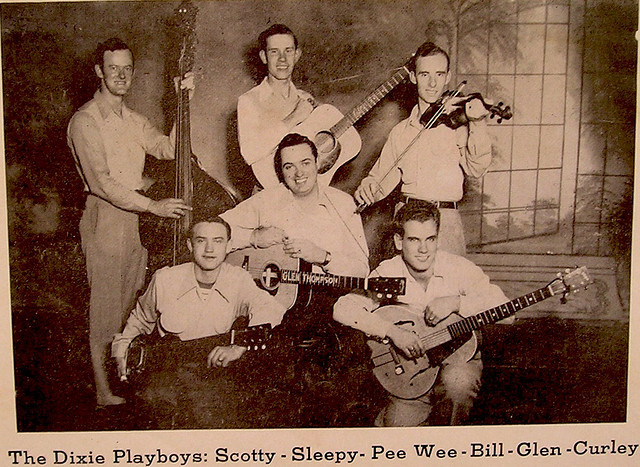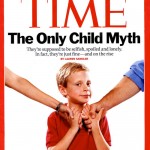Every Monday in Citizenship Confusion, Alan Noble discusses how we confuse our heavenly citizenship with citizenship to the state, culture, and the world.
Nearly two years ago now I wrote an article for this site entitled, Rethinking The Stumbling Block: Christian Culture as a Barrier. Since that time, I have come to feel that this has been one of my most important contributions to Christ and Pop Culture. And since I believe that we must fight against the natural inclination of the Internet to make what is old irrelevant and what is complex simple (taking a cue from Carissa Smith’s great post on the dumbing down of our language and discourse), I decided that it would be a good time to revisit this post and consider it in context of my ongoing discussion of Christian citizenship.
In this article, I make the argument that Christian culture can, and often does have a tendency to exclude outsiders and newcomers who do not accept our aesthetics or taste. Instead of defining ourselves and identifying other Christians by our love for one another, in many parts of Evangelicalism we know our brothers and sisters in Christ by the way they buy and participate in products and events that are marketed to the Christian demographic. So, how do you display your heavenly citizenship? What defines your citizenship for others? Do you think that if someone were to visit your church they might conflate the true attributes of your citizenship (forgiveness of sins, access to the sacraments, Fellowship of the saints, etc.) with the aesthetic tastes of your church members?
What is at stake behind these questions is how we will choose to be defined, and therefore how we will present the Gospel to others. If what it means to be a follower of Christ, a servant of our Lord and King, is that we must embrace CCM, wear certain clothing, and watch certain Christian films, then we have confused our heavenly citizenship with our allegiance to a particular vision of Christianity as a consumer demographic.











